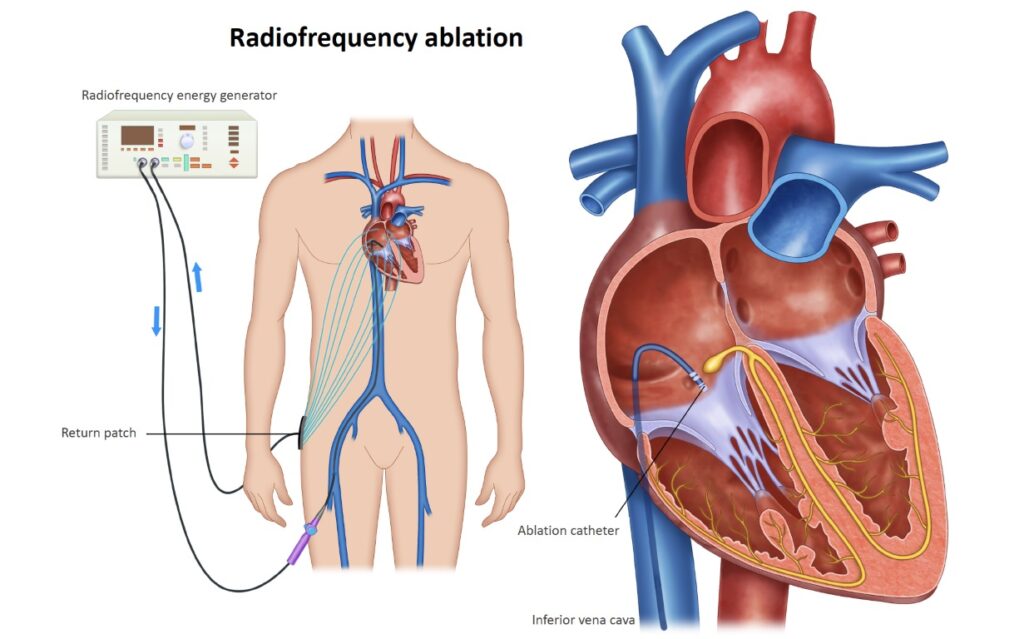For patients requiring specialized electrophysiology (EP) testing, medical tourism offers cutting-edge evaluations in global healthcare hubs like Germany, India, Turkey, and Thailand, where JCI-accredited hospitals provide comprehensive EP studies at 40-60% lower costs than Western countries. These precision diagnostics include cardiac EP studies (EPS), EEG, EMG, nerve conduction studies (NCS), and 3D mapping for arrhythmias, performed by fellowship-trained electrophysiologists using the latest technology like CARTO 3D mapping systems.

Doctor(s):
Country: -
City: -
Visa: -
Hotel: -
Transfer: -
Translator: -
Language: -
Hospital:
Price: From: 4,500.00$
Hospital/Clinic:
Doctor(s):
-Country: -
City: -
Visa: -
Hotel: -
Transfer: -
Translator: -
Language: -
Price: From: 4,500.00$
Electrophysiology is the study of the electrical properties of biological cells and tissues, focusing on how electrical signals are generated and transmitted. In cardiology, it helps diagnose and treat heart rhythm disorders by examining the heart’s electrical activity.
Electrophysiology is a branch of physiology that studies the electrical properties of biological cells and tissues. This field plays a crucial role in understanding the function of the nervous, cardiac, and muscular systems.
Applications of Electrophysiology:
Importance of Electrophysiology:
Electrophysiology plays a vital role in understanding body function and diagnosing and treating diseases. Advances in this field have led to the development of new diagnostic and therapeutic methods that help improve people’s quality of life. Click to see full Cardiac Surgery services.